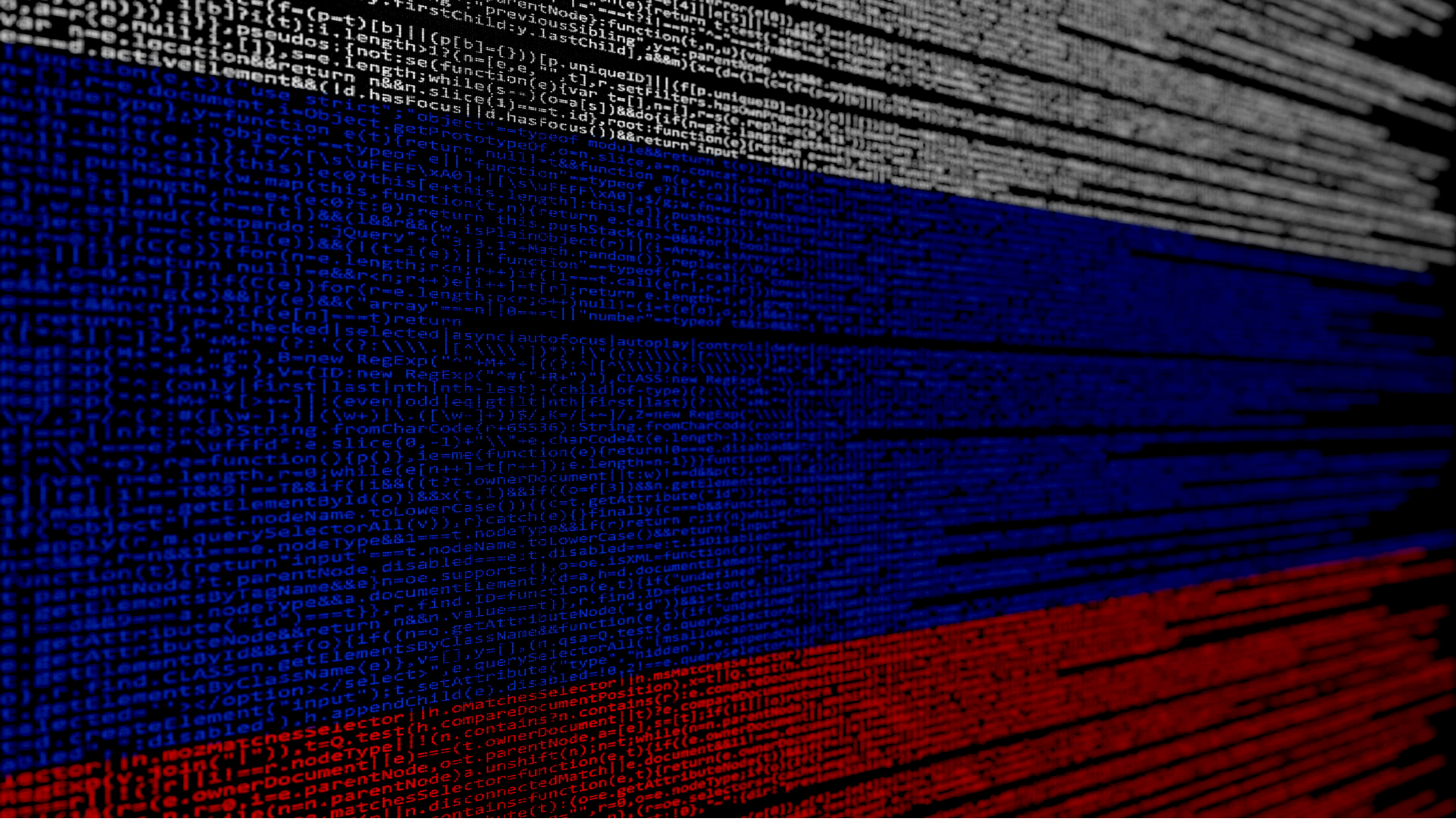Russian ISP intercepted traffic from AWS, Facebook, Google and more
The "accidental" incident caused chaos online for an hour last week


Traffic from more than 200 internet routes was inadvertently redirected through Russia’s largest state-owned telecoms firm Rostelecom last week, affecting some of the biggest names involved in internet infrastructure.
For approximately an hour on 1 April, Rostelecom announced prefixes belonging to prominent players in the internet space, including Cloudflare, Akamai, Digital Ocean, AWS, Facebook and Google, among others.
This was done through the border gateway protocol (BGP), either deliberately or accidentally. BGP, in networking, is a standardised exterior gateway protocol designed to exchange routing and reachability information through autonomous systems on the web.
Paths between the largest cloud networks were disrupted during this frantic hour before the issue was resolved, causing the internet to undergo a minor blip.
Incidents such as this are often described as BGP hijacking when they are deliberate and can be effected to capture traffic for malicious purposes.
One prominent example of potential BGP hijacking arose in November 2018, when a Nigerian company admitted to misrouting Google traffic through Russia and China, blaming this on a misconfigured BGP filter.
The route leak, sustained last week, affected 8,870 network prefixes belonging to approximately 200 autonomous systems, according to a blog hosted by network analytics and security firm Qrator.
Get the ITPro daily newsletter
Sign up today and you will receive a free copy of our Future Focus 2025 report - the leading guidance on AI, cybersecurity and other IT challenges as per 700+ senior executives
The post gives the benefit of the doubt to the Russian telecoms firm, suggesting it was much more likely to be an easily-committed error than a deliberate attempt at cyber sabotage. This, in part, is because Rostelecom was warned about the disruption and immediately reached out for help with incident troubleshooting, Qrator said.
“All network engineers should be aware of what they are doing, preventing the chances of such a crucial mistake,” Qrator said. “The mistake Rostelecom has made illustrates how fragile the IETF-standardized BGP routing is, and especially - during such stressful times in terms of traffic growth.
“Given the simplicity of the BGP mistakes, during the coronavirus crisis, it’s so easy to allow for an error. However, with the monitoring data provided, the incident came to an end rather quickly, and the proper routing was restored.”
Qrator’s warnings echoed analysis from internet engineer Andree Toonk, who founded the analytics service BGPmon, now owned by Cisco Systems. He suggested Rostelecom didn’t actually intend to announce the prefixes to the rest of the world as it could manifest as a typical hijacking incident.
The last few weeks have shown that a swathe of internet giants, cloud-based services and network companies are struggling to cope with the rising demand due to COVID-19. Potential errors, such as that committed by Rostelecom, may be further evidence of this.
Microsoft, for example, has suggested it may have to prioritise emergency services and critical infrastructure should its Azure public cloud service face capacity constraints in the coming weeks and months.

Keumars Afifi-Sabet is a writer and editor that specialises in public sector, cyber security, and cloud computing. He first joined ITPro as a staff writer in April 2018 and eventually became its Features Editor. Although a regular contributor to other tech sites in the past, these days you will find Keumars on LiveScience, where he runs its Technology section.
-
 CyberOne appoints Microsoft’s Tracey Pretorius to its advisory board
CyberOne appoints Microsoft’s Tracey Pretorius to its advisory boardNews The threat intelligence leader will provide strategic guidance to CyberOne’s executive team
By Daniel Todd
-
 CISA issues warning in wake of Oracle cloud credentials leak
CISA issues warning in wake of Oracle cloud credentials leakNews The security agency has published guidance for enterprises at risk
By Ross Kelly
-
 Meta to pay $725 million in Cambridge Analytica lawsuit settlement
Meta to pay $725 million in Cambridge Analytica lawsuit settlementNews The settlement closes the long-running lawsuit into how Facebook's owner, Meta, handled the Cambridge Analytica scandal
By Ross Kelly
-
 Meta's earnings are 'cause for concern' and 2023 looks even bleaker
Meta's earnings are 'cause for concern' and 2023 looks even bleakerAnalysis Calls for investor faith in metaverse tech only emphasise the worries that its investment strategy won't pay off
By Rory Bathgate
-
 Microsoft and Meta announce integration deal between Teams and Workplace
Microsoft and Meta announce integration deal between Teams and WorkplaceNews Features from both business collaboration platforms will be available to users without having to switch apps
By Connor Jones
-
 Facebook is shutting down its controversial facial recognition system
Facebook is shutting down its controversial facial recognition systemNews The move will see more than a billion facial templates removed from Facebook's records amid a push for more private applications of the technology
By Connor Jones
-
 'Changing name to Meat': Industry reacts to Facebook's Meta rebrand
'Changing name to Meat': Industry reacts to Facebook's Meta rebrandNews The rebrand attempts to provide a clearer distinction between Facebook and its umbrella company
By Connor Jones
-
 Facebook's Oversight Board demands more transparency
Facebook's Oversight Board demands more transparencyNews Board bashed the social media giant for its preferential treatment of certain high-profile accounts
By Danny Bradbury
-
 Facebook claims AI managed to reduce hate speech by 50%
Facebook claims AI managed to reduce hate speech by 50%News The social media platform has hit back at claims the tech it uses to fight hate speech is inadequate
By Sabina Weston
-
 Facebook to hire 10,000 workers across the EU
Facebook to hire 10,000 workers across the EUNews The high-skilled jobs drive is a “vote of confidence” in the European tech industry
By Jane McCallion